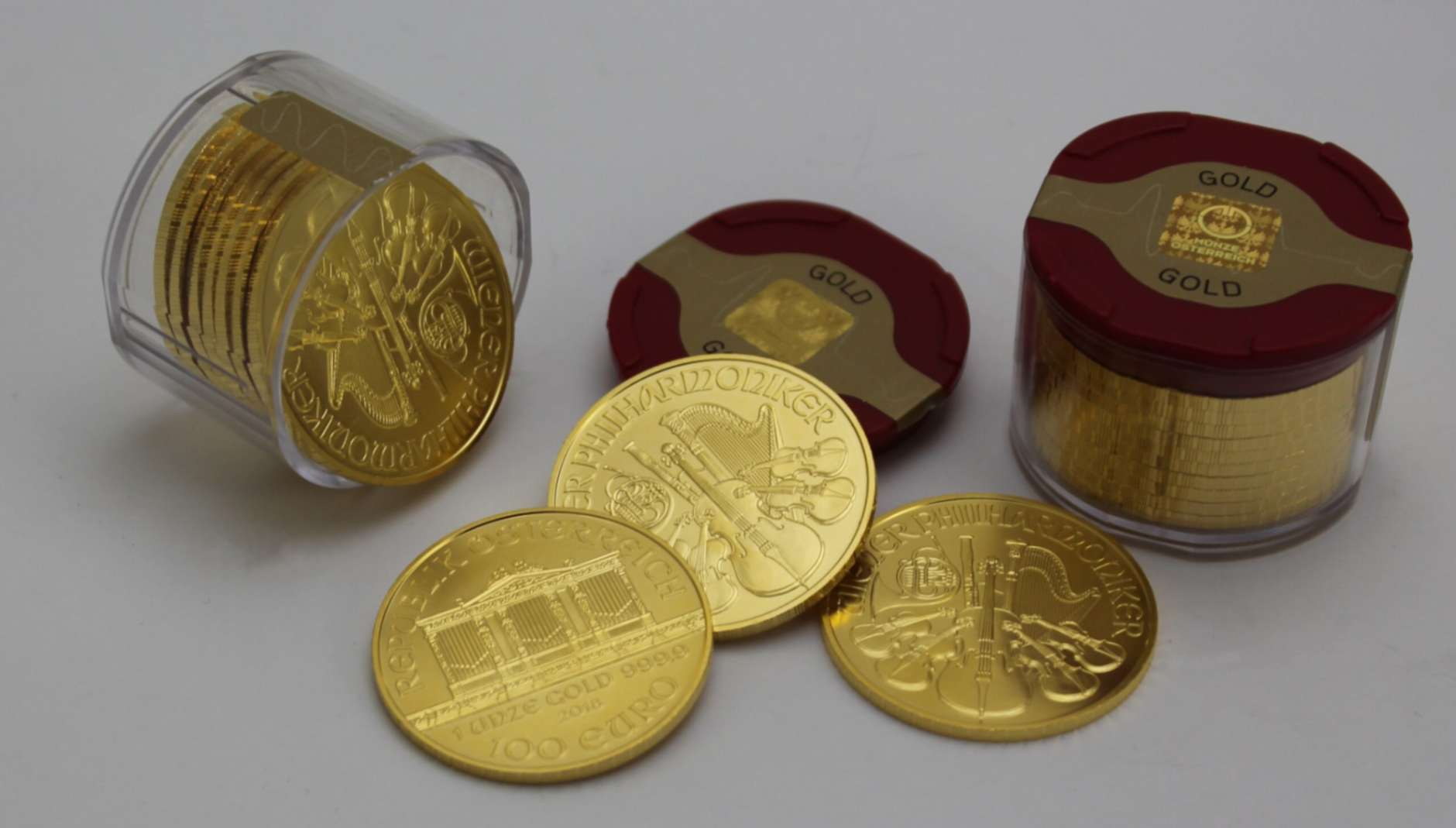Gold has always been considered a valuable asset when equity assets do not perform well. Even historically, gold always had a high value.
Now, what does it mean during times of inflation?
The inflation rate in the United States was at an all-time high in September 2021. Even the Consumer Price Index (CPI) increased to 0.9% in October 2021.
But this is not all bad.
Economists believe that moderate inflation is good for the economy since it raises production, employment, prices, etc.
The scenario may look different for the everyday person, though, as the value of currency drops. This is where metals like gold come into the picture.
The History of Gold as a Valuable Item
If you want to understand how gold can save you from inflation, you have to go way back.
From a historical standpoint, it was the Egyptians who started making jewelry from gold in 2000 B.C. However, the trend of using gold as a currency began much later, in 560 B.C.
The need for this happened because merchants needed a standardized monetary method that was easily transferable. The advent of gold currencies made trade easier.
Invented by Lydian merchants, these coins were termed “electrum” and had 27% silver.
Fast forward to 775A.D and gold had become a widely accepted valuable item by then.
As the importance of gold continued to rise throughout Europe, Great Britain was coming up with its own manufactured currency, the pound.
Gradually, gold became a symbol of wealth in Asia, Africa, Europe, and America.
In 1792, the U.S. government developed the bimetallic standard that standardized gold or silver coins and added a fixed ratio against the currency.
Until 1913, the Federal Reserve issued promissory notes, the modern version of paper money.
Through the Gold Reserve Act of 1934, the U.S. government got the right to all gold coins, and minting new ones came to a halt.
Even though it seemed like the U.S had abandoned gold’s value as a currency, the modern economy can still benefit from it.
Currently, the central banks and the International Monetary Fund (IMF) hold most of the global supply of above-ground gold.
So, you can understand how gold is still essential in the current global economy.
How Valuable is Gold in Current Times?
Usually, when the demand for a commodity increase, so does its price. This is also known as demand-pull inflation.
Fortunately, the demand for gold has always been high compared to its availability.
Sure, times have changed.
We now live in a world of instant stock trading that can be done online. With the growing freedom of online financial accounts, money is becoming almost virtual.
Gone are the days of passbook and checkbook.
Thus, it is pretty normal to wonder about the value of gold as an asset. Even then, the rich history and value gold have is unbeatable.
The Exchange-Traded Fund (ETF) ensures that gold can be a long-term asset with less risk and volatility.
Gold and other precious metals always have had their ups and downs since the advent of inflation.
The historical evidence says otherwise, though. As you cannot print or mint them, their supply will always be limited.
Even when the currency is weak, these metals tend to retain their value.
The price of any asset that you acquire will fluctuate. Therefore, if you want a long-term secured asset, gold is the right choice. Sure, you may have to wait a couple of more years to reap the benefits, but it is worth it.
Since gold has a high demand and low supply in the consumer and industrial markets, you can always get some reliable income.
Thanks to the reduced mining, high demand, and significant use in various applications, gold will always remain a valuable hedge against inflation.
Gold Diversifies Your Portfolio
It is hard to find effective diversifying assets as many are associated with market volatility. Due to the on and off risk factors, many such assets fail to provide security.
In this way also, gold is very unique.
Even when stocks, hedge funds, and real estate seem to falter, gold continues to be an effective portfolio diversifier.
There is even historical evidence where gold has delivered positive returns while reducing potential portfolio losses.
Furthermore, gold can meet the liabilities when you have trouble selling liquid assets because of their undervalue.
In addition to this, gold always had a healthy correlation with the stocks that can further diversify your assets.
The primary reason for this is gold’s dual nature. It can work both as:
- A luxury product
- An asset
Due to this, gold can help you through the good and the bad economic conditions.
Gold Has a Liquid Market of Its Own
Believe it or not, the gold market is more liquid than many of the major financial markets.
That’s not all. Gold trades way more than any other financial assets you can acquire.
Three things define an overall portfolio performance:
- Liquidity
- Diversification
- Long-term returns
Gold ticks all of these boxes and can enhance the risk-adjusted returns.
Summing Up
Whether you do an analytical study of the past portfolio performances or look at its historical value — owning physical gold has always proved fruitful.
The vastly liquid market and the option to purchase this precious metal in various forms are incredibly advantageous for an asset.
The fact you need to understand is that inflation is inevitable. What’s worse is the considerable economic turmoil that unpredictable inflation can cause. Also, as the economy and currencies are becoming more virtual and thus intangible, the volatility increases.
The precious metals, however, will always have limited availability. Due to this, their value will never drop, even if every other asset does.
Additionally, precious metal like gold is used for various commercial, industrial, and aesthetic purposes. This further will increase its value.
Either way, it is a safe and wise choice to buy gold, whether before or during inflation. If you want to have an effective hedge, then solidified assets are the way to go.

 with 700+ reviews
with 700+ reviews



